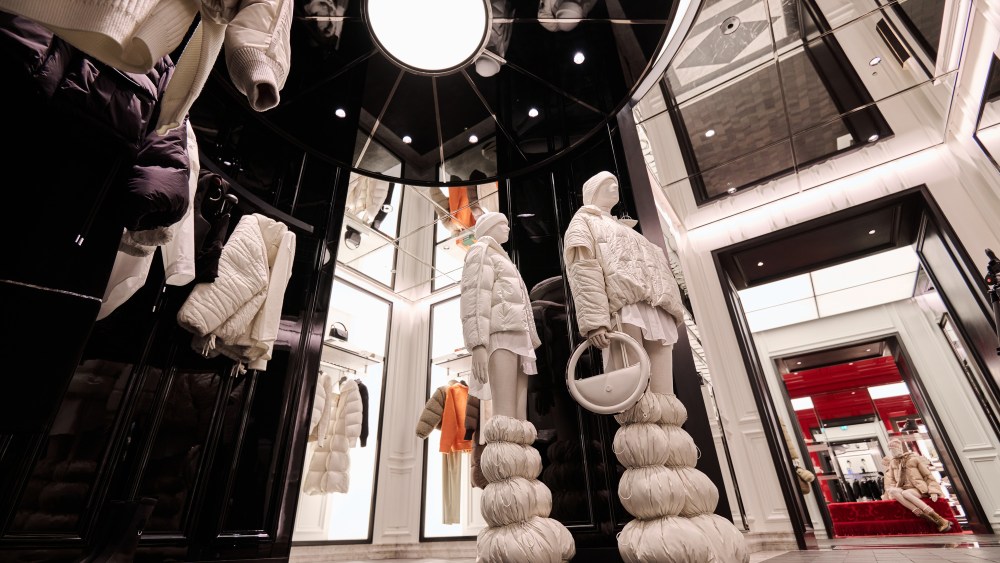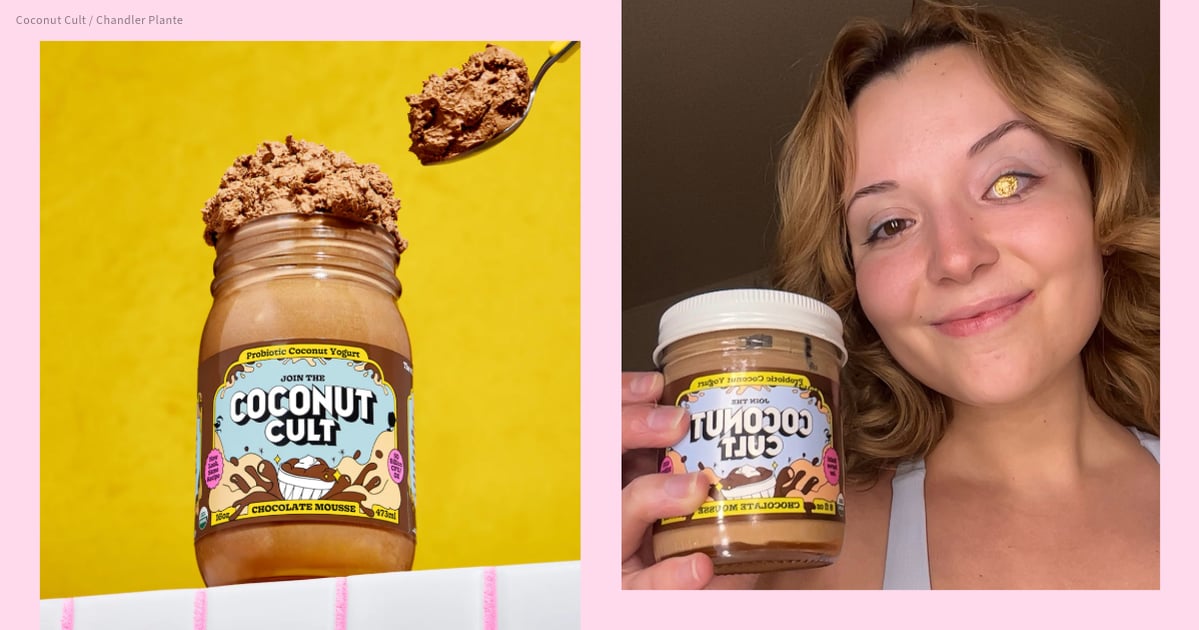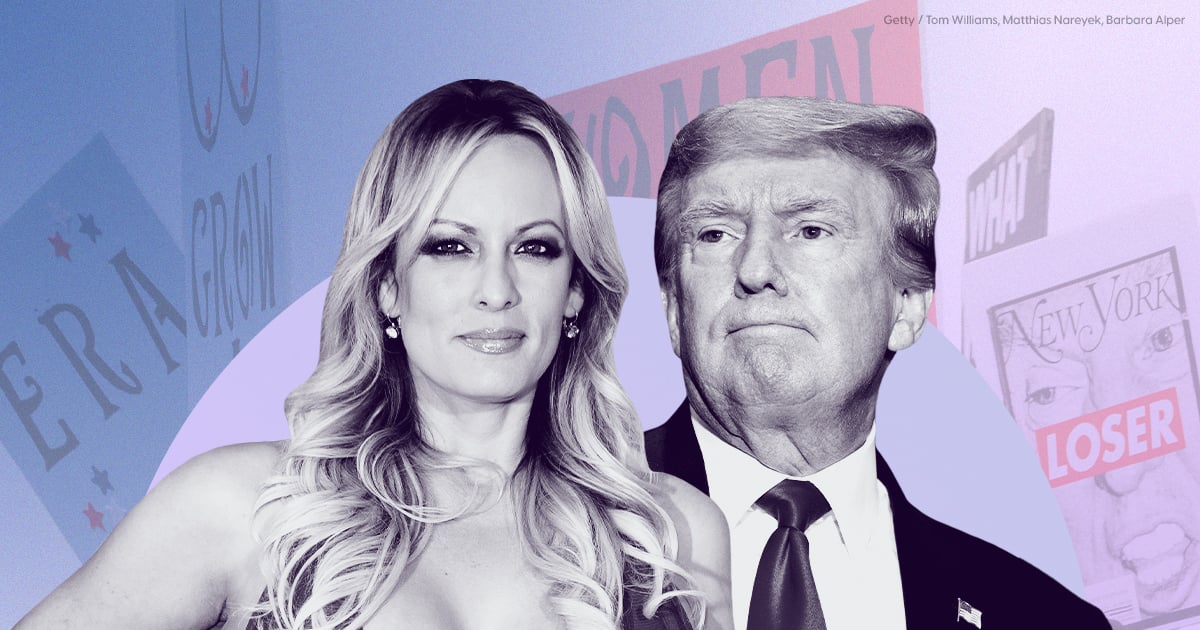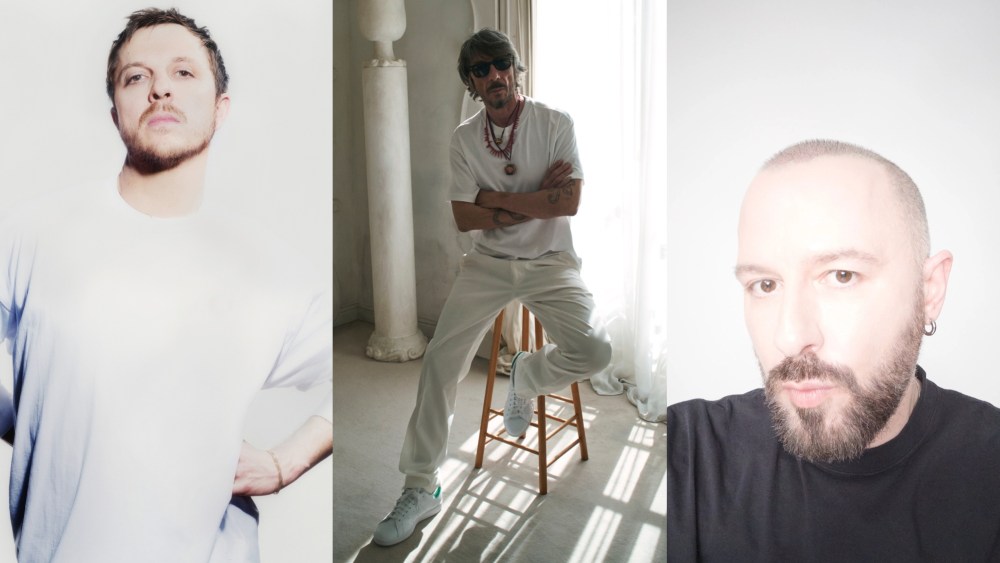London called Remo Ruffini and the Moncler boss responded with gusto, opening a big store on New Bond Street, and accepting the Trailblazer prize at the Fashion Awards on Monday night, where he hobnobbed with old friends and colleagues, including Tom Ford, Michèle Lamy and Joshua Schulman, Burberry’s new chief executive officer.
Ruffini capped the frenetic week — which included multiple meetings with investors — by cohosting a celebratory dinner with his friend and collaborator Jony Ive. To mark the store opening, Ive created a special, dark blue version of the jacket with magnetic fastenings that he designed with Moncler earlier this year.
You May Also Like
The dinner took place on Thursday night at the Chelsea home of Ruth Rogers, chef patron of The River Café, whose pizzetta with taleggio makes Ruffini swoon.
Ruffini is man on the move, and doesn’t like losing momentum. “Energy” is one of his favorite words, and he believes it’s the key to success. Energy is also the reason that Ruffini wanted to open the New Bond Street store, which is just a few minutes’ walk from Moncler’s Old Bond Street unit.

Ruffini is concerned about the buzz on Old Bond Street — the end nearest to Piccadilly. He said that part of the street is increasingly dominated by high jewelry brands, and it’s impacting footfall. He also noted — rightly — that there are only a few big fashion brands left on that end of the street, namely Prada and Saint Laurent.
“It’s charming — but subdued — and I thought we needed more energy, and better footfall,” said Ruffini over a glass of wine and a vape in the courtyard restaurant at Chiltern Firehouse.
The move was a big one, even if it is just a few minutes’ walk from Moncler’s Old Bond Street store, which will close late next year.
At 43-44 New Bond Street, Moncler’s new town house (formerly occupied by the German jeweler Wempe) is located on one of the world’s hottest retail strips.
According to Cushman & Wakefield’s latest Main Streets report, New Bond is the third most expensive shopping street by rent per square foot, following Milan’s via Montenapoleone, and Upper Fifth Avenue, between 49th and 60th Streets.
Moncler’s new store spans more than 5,800 square feet over three floors, and stocks the Moncler, Grenoble and Genius collections, as well as footwear. Interiors are by Ruffini’s go-to designers Gilles & Boissier, and are a mix of contemporary glam and English heritage.
There is a green marble room, a red lacquer room and a private appointment area with lush damask furnishings. Checkerboard marble flooring, fluted walnut walls and smoked oak moldings add a cozy, old-world touch.

The store has a homey feel, too, with mannequins sitting on furniture or leaning against the windowsill. Products — including little puffer jackets for dogs — are displayed on tables rather than hanging on racks. Ruffini said he wanted to telegraph the message “that Moncler isn’t just about jackets and coats.”
Massimiliano Pelletti’s sculpture “Butterfly Venus,” a large onyx bust that looks like it was hauled in from the Capitoline Museum in Rome, is Ruffini’s favorite work of art in the new space. “He’s a young Italian artist who understands my taste, and who’s able to mix classic and modern. I hope the world understands his potential,” said Ruffini.
Ruffini had clear ideas about what he wanted this store to be.
“We need to look at London in a very, very different way compared to a few years ago,” said Ruffini, who’s aware of the challenges of doing business here. There is no longer any tax-free shopping, the Labour government is slapping taxes on the wealthy, and non-doms are fleeing to tax havens including Milan, Monte Carlo and Dubai.
“We can’t think of the U.K. in terms of what it was. We have to focus on cultivating our community, creating a different kind of energy,” and shifting the emphasis from tourists to locals, he said.
Present challenges aside, Ruffini said he believes in the future of the U.K., where Moncler has operated for 15 years.
The first boutique in London opened at 197 Sloane Street in 2009, and later relocated to a larger space on the street. The Old Bond Street unit has been there since 2016, and Moncler now has eight stores in London. The brand is also present in cities including Manchester and Edinburgh.

Doing business here may be challenging but some are getting it right, said Ruffini. He praised Ralph Lauren for the piazza-like vibe he created with Ralph’s Coffee, the café attached to the flagship on the corner of Old Bond Street and Burlington Gardens.
There are tables outside (even in this cold, rainy weather) and it has become a place to gather, and to film the lavish holiday light displays along the street.
“I have admired Ralph Lauren since I was a teenager, and take my hat off to him because he’s created a destination — and such energy — on that end of the street. When I walked past earlier today, there were so many people outside in the little piazza, having coffee and tea. He’s really created a destination, and given new energy to the area. It also proves how important hospitality can be to a brand,” said Ruffini.
While he may be quick to praise his colleagues, Ruffini downplays his own achievements.
Earlier this week he collected the Trailblazer Award at the British Fashion Council’s annual fundraising gala, the Fashion Awards. It was the second time he was honored by the British Fashion Council, having picked up the Business Leader prize in 2019.
Caroline Rush, CEO of the BFC, said Ruffini earned the latest accolade for his efforts in “championing British design talent on the global stage,” and setting a new standard for the luxury industry by working with a range of creatives, in particular with Moncler Genius.
Past recipients of the Trainblazer award include Kim Jones, Sarah Burton, Alessandro Michele and Edward Enninful.
Ruffini is not so sure he belongs in that group.

“I don’t have much creativity, but I’m hungry for it, and I’m always on the hunt for new ideas,” he said. During the interview he compared himself — unfavorably — to Ford, a fellow winner at the Fashion Awards, and his birthday twin. Both men were born on Aug. 27, 1961.
“Look at all that Tom has done in his life, from the fashion — I loved his Saint Laurent collections in particular — to the films. I have such respect for his aesthetic, and he’s done such crazy, incredible things. I don’t have that kind of creativity,” said Ruffini.
What he does have is boundless energy — and drive — and he’s determined to transmit it to the Moncler team.
“I tell them all the time, ‘Never settle for ordinary. If we do — we’ve lost,’” said Ruffini. “I want my team to be true to the DNA of the brand, to be creative, and to be unique. Striving to be unique is at the core of everything we do.”
Ruffini’s ambition is understandable, and he enjoys the challenges of being what he refers to as “the smallest player in luxury’s big league.”
“Moncler is relatively small, so we need to be doing projects — even just a few — that are visible, and have a big creative impact. We are so small that unless we make that impact, unless we are unique — we won’t be visible to the consumer, or our wider community,” he said.
Social media, he said, presents a challenge.
“The world moves so fast. People get bored, and they move on. You can do a beautiful project, but it may only last in people’s memories three or four days, which is why it’s important for us to have a unique proposition,” added Ruffini.

Ruffini’s energy, drive and vision were instrumental in transforming Moncler — which was nearing bankruptcy when he took control in 2003 — into a wider group with around 3 billion euros in revenue, and a market capitalization of 13 billion euros.
After making a success of the core brand, Ruffini kept moving, acquiring the clothing label Stone Island, and dreaming up with Moncler Genius, a series of collaborations with international creatives across fashion, art and design.
Moncler City of Genius, which took place in Shanghai in October, is the latest example of Ruffini’s few-but-mighty events that are meant to define Moncler.
The Shanghai event featured installations and creations by Chinese calligraphy artist Xu Bing, A$AP Rocky, Rick Owens and the Chinese multidisciplinary artist LuLu Li. The latter conjured an AI-enhanced immersive experience that bridged imagination and reality. Willow Smith, Frgmt by Hiroshi Fujiwara, and Edward Enninful also took part.
That’s not so bad for a not-so-creative guy who didn’t have huge ambitions when he took over the helm of Moncler. Ruffini said his initial idea was “to build an authentic brand for the mountains, and a little bit of the city, too.” He never expected it to get so big.

Today, his Double R investment vehicle holds slightly more than 16 percent of Moncler SpA, the entity that’s quoted on the Milan Stock Exchange. In September, Double R welcomed LVMH Moët Hennessy Louis Vuitton, which took a 10 percent stake.
Over the next 18 months, the plan is for Double R to buy more shares in Moncler SpA, boosting its stake to a maximum of 18.5 percent, consolidating Ruffini’s hold as the largest single shareholder.
LVMH will be providing the funding for those purchases and, in the process, will increase its investment in Double R up to a maximum of roughly 22 percent.
Ruffini, whose title is chairman and CEO of Moncler Group, said he’s grateful to Bernard Arnault, chairman and CEO of LVMH, for investing in Double R after two long-term shareholders exited earlier this year.
“He always said to me, ‘If you need me, I’m here.’ So when those shareholders left I called him and asked if he was interested in investing, and he really gave me a hand. I feel a lot more calm having him in the holding company. It gives me peace of mind. He has demonstrated great faith in me, my family and the company. Let’s hope we don’t disappoint him,” said Ruffini.

Arnault has described Moncler “as one of the most significant entrepreneurial success stories in the industry over the past 20 years,” and has called Ruffini’s vision and leadership “remarkable.”
Arnault said he was “delighted to invest” in Double R “to reinforce its position as leading shareholder on Moncler, and to support the independence of the Moncler Group.”
There is no grand plan or strategy afoot with Arnault, other than working with him to increase Double R’s stake in Moncler, Ruffini said.
He also denied recent media speculation that Moncler is interested in buying Burberry, which has seen its share price sink more than 35 percent this year. With sales, profits and the share price declining, Burberry brought in Schulman to spearhead a turnaround.
“I adore Josh — he’s an exceptional person and I have such respect for him. He helped me so much when he was CEO at Bergdorf Goodman. At the time, nobody in America wanted Moncler, and he told me, ‘We’re giving you a big space,’” said Ruffini.
“He’s only been at Burberry a few months, but I think he’s doing a wonderful job. He had no alternative but to take the brand back to its roots, reset, and take the next step,” said Ruffini, adding that Schulman made a smart move by putting Burberry’s classic check scarf back in the store windows.

He met Schulman on Monday night at the Fashion Awards, gave him a hug, and addressed the media speculation head-on. “I told him the thought of buying Burberry never even crossed my mind. It never even existed,” said Ruffini.
Schulman declined to comment on the speculation, telling WWD in an interview last month: “We’re very focused on what we have to do here, and we try to tune the noise out. We have a lot to do, and we’re hard at work.”
Ruffini has no grand M&A ambitions, and no desire to transform Moncler into a luxury group along the lines of LVMH, Kering or Richemont.
Instead, he wants to keep building “a strong brand that stands apart in the luxury industry, a brand that’s respected by its peers and by the consumer.”
Right now, he’s focusing his energy on nurturing Moncler and Stone Island, which has been transitioning from a wholesale-focused brand into a direct-to-consumer one.

“Stone Island has strong roots. We’ve already done so much with it, and there is still a lot to do. I know we can capture our particular market niche and be a unique label that can’t be classified as luxury, streetwear, sportswear or casual. If we do well, I think there are great opportunities ahead.”
Stone Island has had a busy year, opening a shop at Harrods and new outposts in Shanghai, Ningbo and Macau. Last month, Stone Island released a feature-length film on YouTube called “Infinite Colours.”
It focuses on the brand’s cutting-edge textile innovation and research to create parkas made of steel and bronze mesh and thermo-sensitive jackets that change color with the weather. It also takes a close look at the brand’s debut collection from 1982, which used only Tela Stella, a cotton canvas coated in pigmented resin.
Ruffini’s dream is to hand over the business to the next generation, and specifically to his two sons, Pietro and Romeo. Pietro is founder and CEO of Archive, an investment company that supports visionary leaders and entrepreneurs, while Romeo is chief business officer at Stone Island.
“I have two exceptional kids — and I’m not just saying that because I’m their father. They work so hard. They’re different people, but they get along, and that’s what gives me the most satisfaction — more than anything you could ever imagine,” said Ruffini.
“When I discuss something with one son, he’ll say, ‘Yes, I agree, but let me check with my brother.’ To me, that’s worth more than any prize in the world. They are both capable of taking on this job. They’ll do it in different ways, but in sync with each other.
“You can see now that my dream isn’t to buy Burberry, or create a big group — it’s not what people expect. My dream is that my two sons, together, can be a great force in this world. The rest, to be honest, doesn’t excite me as much.”



